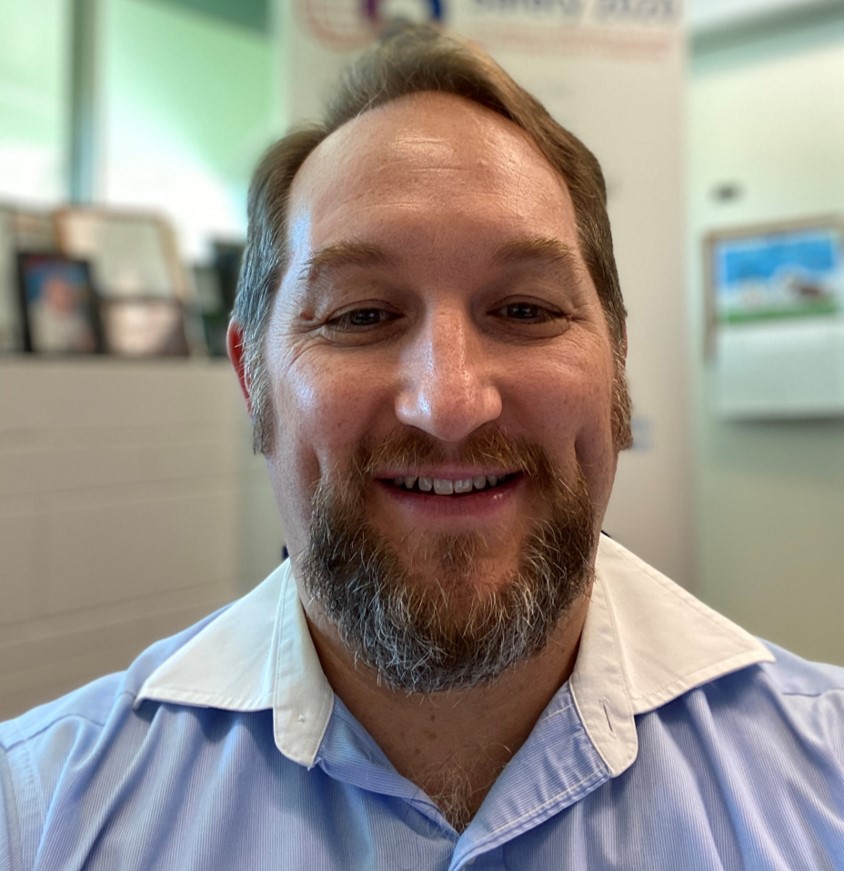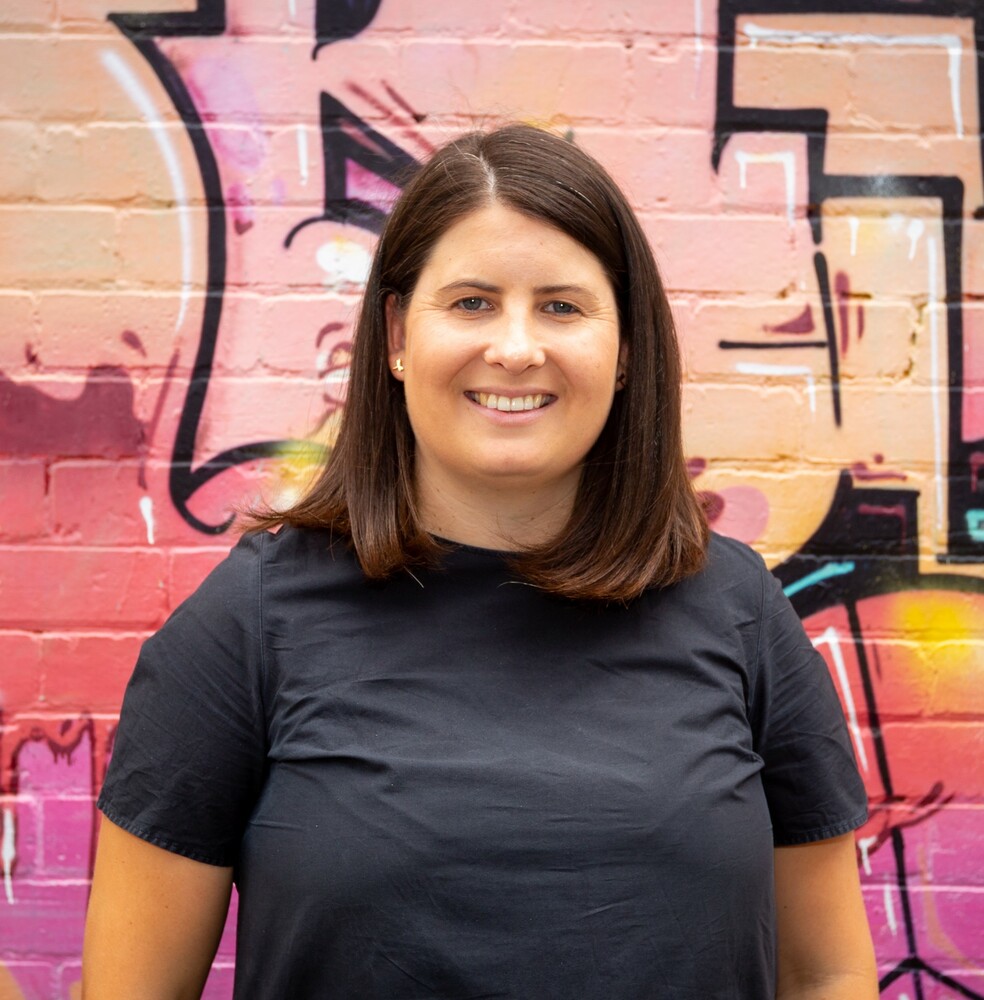Injury Prevention SIG Committee:

Co-Convenor: Richard Franklin
E: [email protected]
Richard Franklin PhD FPHAA is A/Professor of Public Health at JCU,
Australia in the College of Public Health, Medical and Veterinary
Sciences. He is a pracademic with interests’ in public health, injury
prevention, drowning prevention, farm safety, workplace health and safety, rural road safety, masculinity, alcohol & drugs, travel and
disasters. He teaches into the Master of Public Health and supervises a
range of masters and doctorate students.
 Co-Convenor: Rachel Meade
Co-Convenor: Rachel Meade
E: [email protected]
Rachel is General Manager Research & Advocacy at Injury Matters.
Rachel manages Injury Matters' prevention and trauma recovery-focussed
research, evaluation and advocacy focused activities designed to
contribute to a population level reduction in injury rates in WA. Rachel
has extensive experience leading teams and managing injury prevention
programs, previously managing the state-wide falls prevention program
Stay On Your Feet® and Know Injury capacity building program. Rachel has
worked in injury prevention in Western Australia for over 12 years and
has experience working for not-for-profit and governments locally and
internationally.
Interested in getting involved? Become a member and start contributing
to policies and position papers, participate in advocacy activities,
attend an event and share ideas or network on the discussion forum.